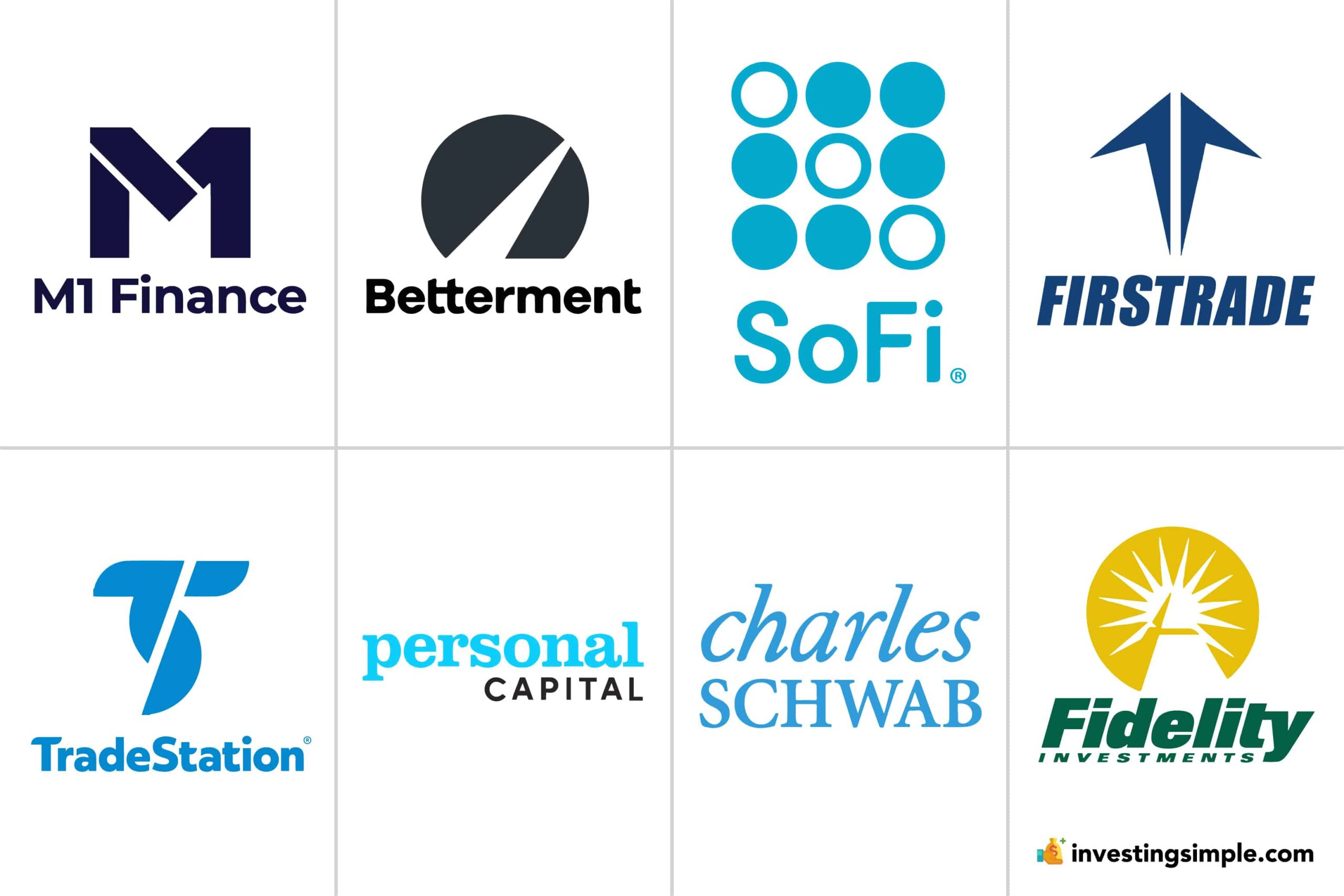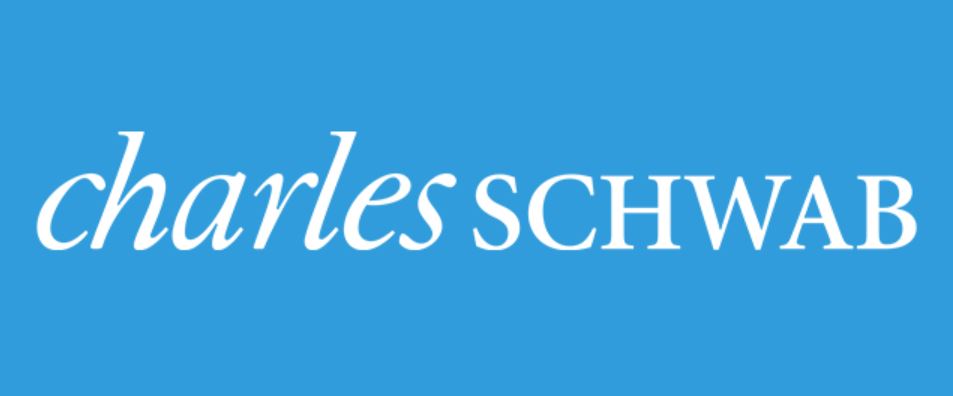





Plenty of folks want to have joint investment accounts.
Not only is that typical among married couples, but it’s often necessary in other situations, such as an elderly investor who wants to include a sibling or adult child as a co-owner of the account.
Fortunately, there are plenty of brokerages offering joint accounts.
There are so many, in fact, you’ll have your pick of the type of platforms and investing you want to do.
Here’s a list of some of the best brokerages offering joint accounts.
Robinhood is a popular "all-in-one" investing app.
While they are most well-known for their commission free stock trading, they've recently shaken up the Retirement Investing World too.
Introducing Robinhood Retirement; home of the biggest IRA match on the market.
Here's what you need to know:
And don't worry, this comes with a Portfolio Builder Tool. You don't have to construct your investment portfolio from scratch if you don't want to.
Lastly, you'll even get a free stock worth up to $200 when you open a new Robinhood account using our link.

M1 offers an important element of self-directed investing – choosing your own stocks and exchange traded funds (ETFs) – then providing full automated management of your portfolio.
The portfolios are referred to as “pies”, which can be filled with as many as 100 stocks and ETFs. You can build as many pies as you want, with each built on a specific investment theme.
M1 Finance offers Joint accounts.

Interactive Brokers, or IBKR, is a popular investing platform that caters to both experienced traders and beginners.
Introduced in 2019, IBKR Lite is a user-friendly option tailored for casual investors. This service allows users to make unlimited, commission-free trades of U.S.-listed stocks and exchange-traded funds.
Notably, Interactive Brokers provides access to a wide range of investment options, including options, futures, mutual funds, crypto, and fixed income, across various global markets.
With IBKR Lite, there are no mandatory account minimums or inactivity fees, making it an appealing choice for those looking to start investing hassle-free.
Additionally, the platform offers competitive interest rates on cash balances, the opportunity to earn extra income through their Stock Yield Enhancement Program, and access to low financing rates for borrowing against your account.
Interactive Brokers offers many account types, including Joint Accounts.

This is an online cash management account, offering high interest, no monthly fees, mobile banking, periodic cash back offers and a debit card with access to over 55,000 of ATM machines across the country.

Firstrade is another option for Joint Accounts.
Their specialty is commission-free mutual fund trading. Firstrade offers more than 11,000 mutual funds.
It’s also a brokerage platform designed for self-directed investors, as there is no managed investment option offered.

Whether you’re opening an individual or a joint account, Betterment is an excellent option for new or inexperienced investors.
They provide complete portfolio management, including investment selection, regular rebalancing, and re-investing of dividends.

This brokerage offers an advanced trading platform for experienced, self-directed investors.
Offers one of the best trading platforms in the industry, including investment tools and resources.

Offers a mix of automated and human guided investment management for a much lower fee than traditional, human guided investment advisories.
Also offers plenty of free tools, including the ability to track your net worth, screen your retirement plan for high fees, and even offers limited budgeting capabilities.

They offer nearly unlimited options for self-directed investors, but also provide a managed investment option in Charles Schwab Intelligent Portfolios.
Customer service is top-notch, and includes 24/7 phone contact, as well as a network of branches serving most major cities in the US.

As the world’s second-largest investment broker, Fidelity offers virtually everything Schwab does, including their own managed investment option, Fidelity Go.
This is not surprising since, as the two largest brokerage firms in the world, Schwab and Fidelity compete head-to-head. It’s a perfect platform for investors of all levels, whether you’re a newbie or an advanced trader.
The customer service is top-notch, as is their trading platform, and they have a network of more than 300 local branches across the US.